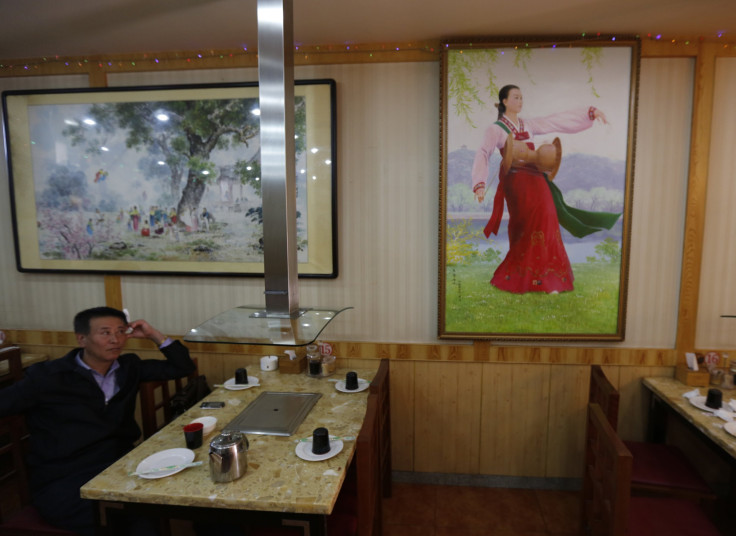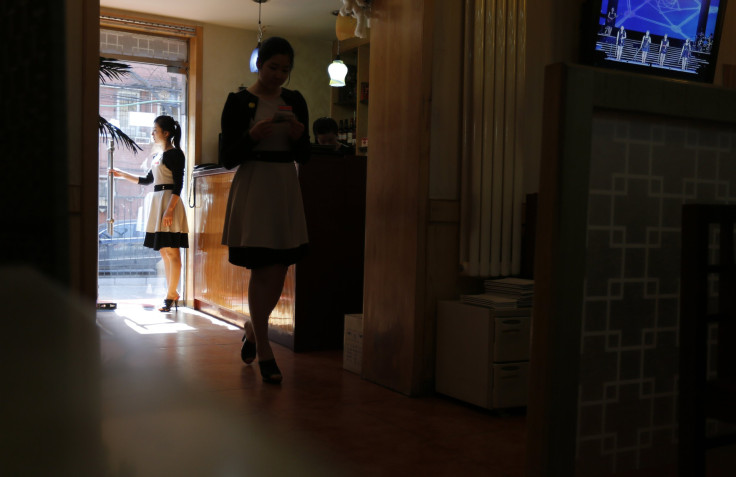North Korea's International Network Of Restaurants Used To Gain Hard Currency -- And For Espionage

It’s a tiny, privileged group of North Koreans who are able to leave their country legally and travel to places like China, Cambodia and Nepal. Most of those who leave the country are defectors, and are never able to return. But among those with travel privileges, a small group is working coveted jobs at restaurants run by the government.
Is North Korea attempting to exercise "soft power" through food culture? Not quite. According to a report by the Free Beacon, North Korean restaurants all over Asia are used for espionage and intelligence gathering, and for gaining hard currency to send back home. Citing U.S. and other Western intelligence officials, the report asserts that these overseas restaurant workers and operators funnel more than $100 million of hard currency to the Communist regime every year.
The entire network of North Korean restaurants is estimated by the U.S. government to have at least 60 establishments across Asia, and is controlled by the military’s General Reconnaissance Bureau. Of the 60 in Asia, 44 are spread around the North’s only ally, China. Several restaurants can be found in northeastern Chinese border towns like Dandong, but also in the capital Beijing, where the North has an embassy, and in Shanghai. One of the largest, the Pyongyang Koryo Restaurant in Dandong, employs more than 200 staff. In addition, Bangladesh, Burma, Malaysia, Nepal, Indonesia and Laos also each have at least one restaurant, while Cambodia and Vietnam reportedly each have at least five.

Because the North Korean won, which differs from the South Korean won, has no value abroad, the pariah state relies on tourists and overseas businesses, among other resources, to gain currency to use internationally. Citing anonymous defectors, the report says each restaurant is required to make annual payments to the capital of around $10,000 to $30,000. “The Reconnaissance General Bureau has been using its North Korean restaurants in Beijing to finance its operations,” one defector said.
While the restaurants are a front for earning extra cash, they still are full-service establishments that even serve a Pyongyang favorite, naengmyon, a cold noodle dish, and often feature song and dance entertainment. The report says waitresses are not only qualified to be servers, but they sing, dance, and are even trained in the “black arts of intelligence seduction,” with an emphasis on obtaining corporate secrets from business travelers from South Korea.
The restaurants serve as a safe meeting place for North Korean diplomats, businessmen or officials overseas. However, some restaurants are known to serve more than just food. Some of the establishment’s staff members have been linked to illegal drug trafficking as well as money laundering, the report alleges.
© Copyright IBTimes 2024. All rights reserved.






















